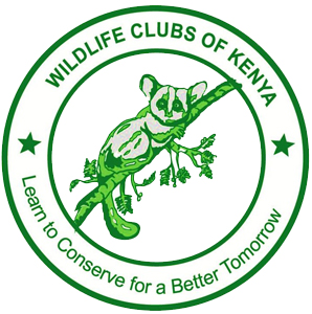Yale Student Environmental Coalition: Driving Change Through Student Action
- Tahsin Tabassum
- Sep 29, 2025
- 2 min read

For nearly four decades, the Yale Student Environmental Coalition (YSEC) has stood at the forefront of student-led environmental activism, transforming Yale University's sustainability landscape while empowering generations of environmental leaders. As the premier umbrella organization for undergraduate environmental groups at Yale, YSEC has demonstrated remarkable effectiveness in translating student passion into tangible institutional change and impactful projects.
Institutional Impact and Advocacy
YSEC's advocacy work has consistently yielded concrete policy changes. The coalition authored "The Yale Green Plan," which directly led to the creation of the Yale Office of Sustainability. Former Yale President Peter Salovey acknowledged YSEC's influential role in establishing the university's sustainability policies and organized efforts around environmental initiatives.
The coalition's Fossil Free Yale campaign has maintained persistent pressure on the university to divest from fossil fuel companies and cancel holdings in Puerto Rican debt. Through strategic coalitions with student organizations, alumni, faculty, and New Haven activists, this campaign has kept climate justice at the forefront of institutional decision-making.

Project-Based Initiatives
YSEC's project teams have delivered measurable environmental benefits through practical, hands-on initiatives. Project Bright, Yale's only undergraduate solar energy group, has advanced renewable energy through multiple channels:
- Facilitating solar installations for Greek houses
- Solarizing food trucks to reduce carbon footprint
- Partnering with RE-volv to install solar on a New Haven nonprofit
- Developing projects at the Ivy Street Greenhouse and Horse Island
The coalition has also championed sustainable food systems and waste reduction, supporting innovative programs like the Timothy Dwight College dining hall's AI-assisted food waste management system and expanding composting initiatives across campus.

Organizational Model and Educational Impact
YSEC's unique umbrella structure enables it to address diverse environmental issues through specialized groups while maximizing resources and impact. Participating groups include:
- Yale Bee Space (pollinator conservation)
- Students for Carbon Dividends (bipartisan climate solutions)
- GREEN @ Yale (campus sustainability practices)
- City Atlas: New Haven (environmental storytelling)
This model fosters cross-disciplinary collaboration and creates multiple entry points for student engagement. YSEC regularly hosts events, debates, and advocacy campaigns that raise environmental awareness while developing practical skills in organizing, project management, and collaboration.
Legacy and Future Directions
YSEC's most enduring impact may be visible through its alumni, who have extended the coalition's influence through prominent environmental careers worldwide. Notable graduates include:
- Marea Verde ('15 MESc), who developed innovative solutions to plastic pollution in Panama
- Luke Swampdog Tyree ('14 MESc), who works to restore natural habitat for the Monacan Indian Nation
- Claudia Martínez Zuleta ('89 MES), who forged cross-sector coalitions for sustainable development in Colombia

As YSEC looks toward the future, the coalition continues to expand its scope toward more intersectional approaches that connect environmental concerns with social justice, public health, and economic inequality. Current priority areas include climate justice advocacy, sustainable food systems, renewable energy transition, biodiversity conservation, and circular economy principles.
Through its combination of practical projects, policy advocacy, educational programming, and community building, YSEC has created a replicable model for student environmental action that balances idealism with effectiveness. The coalition's enduring legacy demonstrates that student activism can produce lasting change when sustained through thoughtful organization, strategic focus, and adaptive tactics—offering hope that new generations of leaders will continue to address our most pressing environmental challenges.



Comments